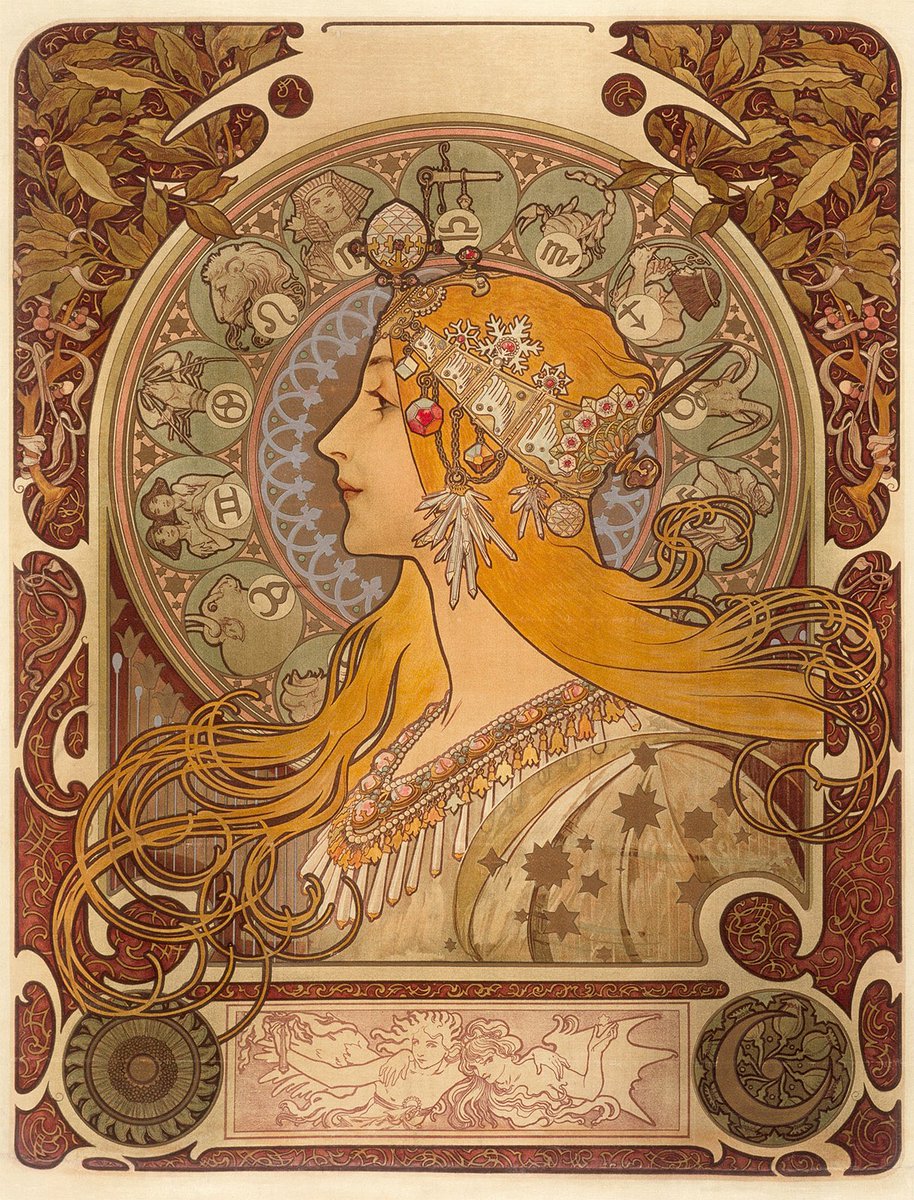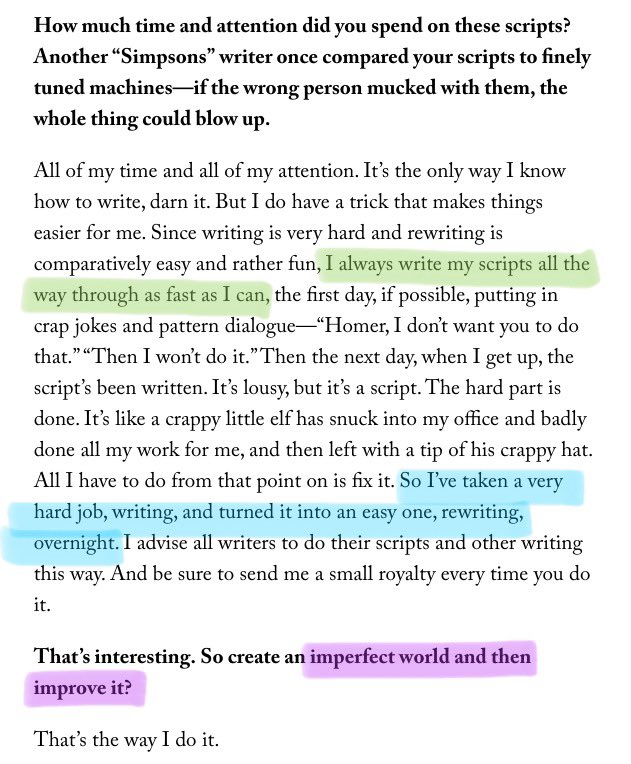
This paper explores the core personality traits of entrepreneurs:
∙ Capable
∙ Hubristic
∙ High self-esteem
∙ More likely to have done “illicit activities”
But here's the key line: "The number one predictor of entrepreneurship is asymmetric information about skill levels."



∙ Capable
∙ Hubristic
∙ High self-esteem
∙ More likely to have done “illicit activities”
But here's the key line: "The number one predictor of entrepreneurship is asymmetric information about skill levels."




I discovered this paper when @wolfejosh shared it a few years ago.
He mentioned a quote from William Blake: "I must create a system or be enslaved by another man's; I will not reason and compare: my business is to create."
He mentioned a quote from William Blake: "I must create a system or be enslaved by another man's; I will not reason and compare: my business is to create."
By asymmetric skill levels, the authors refer to people who are more talented than they are credentialed. They're the kinds of people who know how to build a business, even though they never went to college.
Being under-estimated makes them more likely to start a company.
Being under-estimated makes them more likely to start a company.
I know a ton of successful entrepreneurs who had a “secret first gig” which helped them earn enough money to become financially sustainable and eventually, take a risk.
But because so many of these first gigs were sketchy, they’re conveniently left out of the personal narrative.
But because so many of these first gigs were sketchy, they’re conveniently left out of the personal narrative.
• • •
Missing some Tweet in this thread? You can try to
force a refresh



















